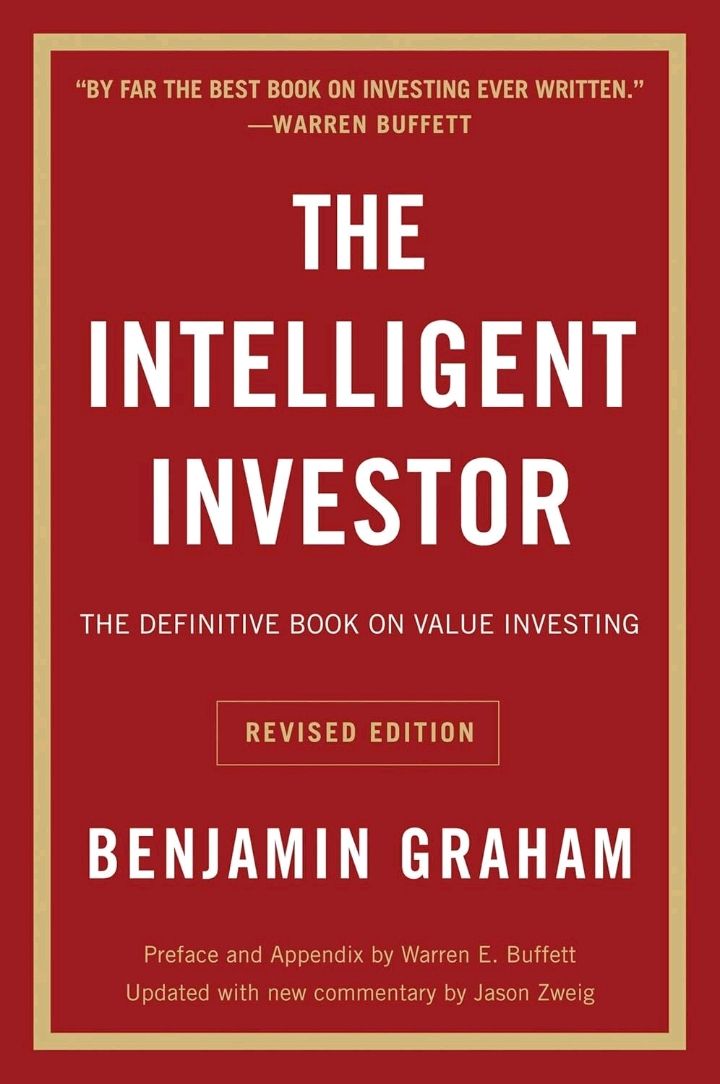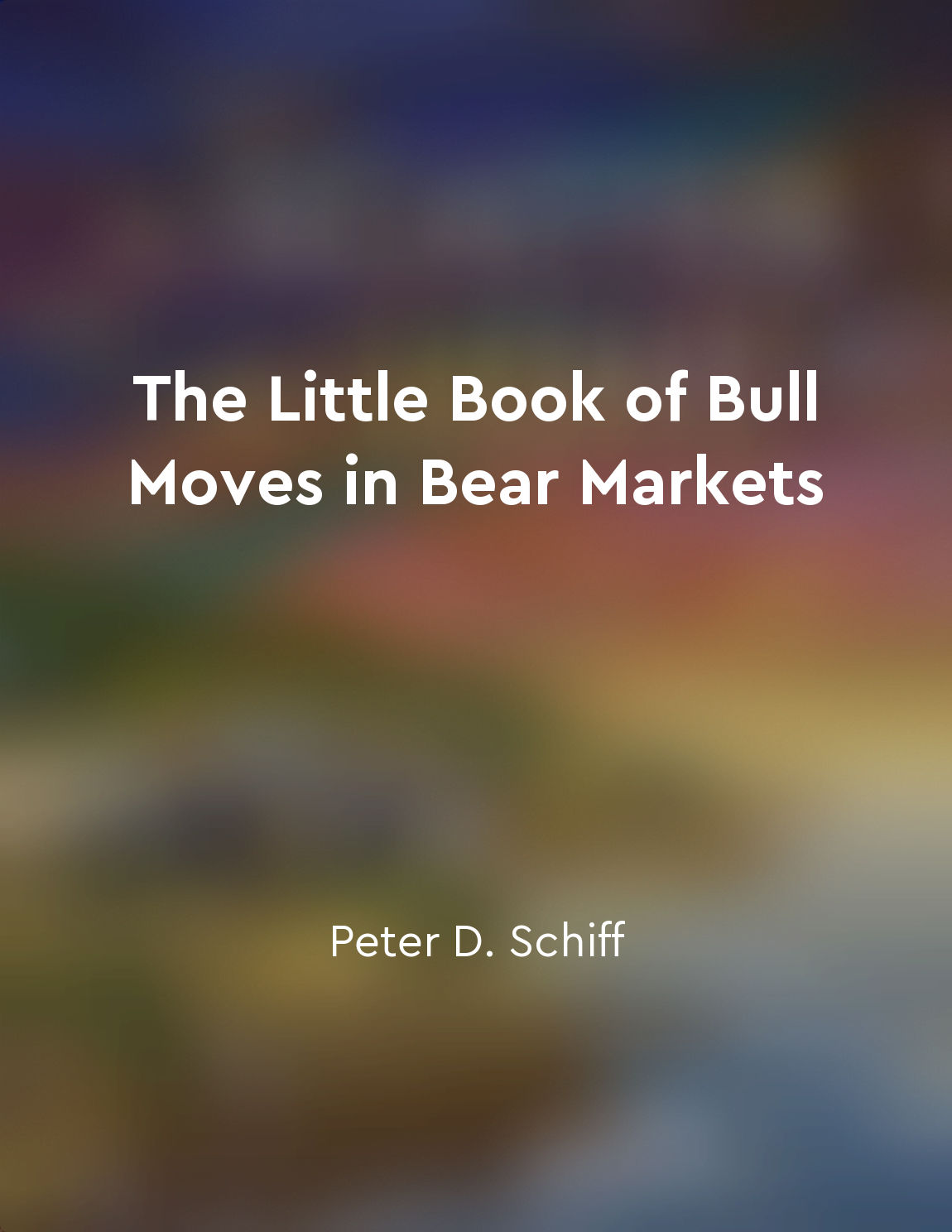Emotional responses can override logical thinking from "summary" of Your Money and Your Brain by Jason Zweig
When your emotions take over, your brain can go haywire. It's like a switch flips and suddenly all your logical reasoning gets thrown out the window. That's the power of emotional responses - they can override even the most rational thinking. Jason Zweig delves into this phenomenon in "Your Money and Your Brain," showing how our emotions can drive us to make decisions that seem completely illogical in hindsight. Zweig explains that our brains are wired to respond emotionally to certain stimuli, often without us even realizing it. This can be a double-edged sword when it comes to making financial decisions. On one hand, our emotions can provide valuable insights and gut feelings that guide us in the right direction. But on the other hand, they can also lead us astray, clouding our judgment and causing us to make impulsive choices that we later regret. One of the most powerful emotions that can override our logical thinking is fear. When we're faced with a situation that triggers our fear response, our brains can go into survival mode, prioritizing short-term safety over long-term rationality. This can lead us to make decisions based on panic rather than reason, causing us to miss out on potential opportunities or take unnecessary risks. Similarly, greed can also cloud our judgment and override our logical thinking. When we're driven by the desire for more - more money, more success, more status - we can become blind to the risks and downsides of our actions. This can lead us to make risky investments, overspend, or chase after unrealistic goals, all in the pursuit of instant gratification. Zweig's insights highlight the importance of understanding how our emotions can influence our decision-making processes, especially when it comes to managing our finances. By recognizing the power of emotional responses and learning to control them, we can become more mindful and deliberate in our choices, avoiding the pitfalls of irrationality and making smarter, more strategic decisions in the long run.Similar Posts
Patience is key to successful investing
Successful investing requires patience. It is essential to understand that the stock market is unpredictable, and there will be...

Diversify your investment portfolio
The concept of spreading your investments across a range of assets is a fundamental principle of sound investment strategy. By ...
Infuse love into your financial transactions
When it comes to money, most people tend to approach it with a sense of detachment. They view it simply as a means to an end, a...

Short selling can be risky and should be approached with caution
Short selling is a strategy that involves selling a security that the investor does not own with the expectation that the price...
Develop a strong financial IQ
To become financially successful, it is essential to understand financial concepts and make informed decisions about money. Thi...

Develop multiple streams of income
The concept of developing multiple streams of income is a fundamental principle in achieving financial success. This concept em...
Mindfulness can enhance cognitive abilities
Mindfulness training has been shown to improve working memory capacity and attention control, which are essential components of...
Build a solid foundation of financial knowledge
To achieve success in the stock market, it is crucial to have a deep understanding of financial concepts and terminology. Witho...
Analysts are often influenced by groupthink and consensus
When it comes to analyzing investment opportunities, analysts are frequently swayed by the prevailing groupthink and consensus....
Stay focused on the big picture and avoid market timing
The essence of investing is to stay focused on the big picture and avoid market timing. Trying to predict short-term market mov...
